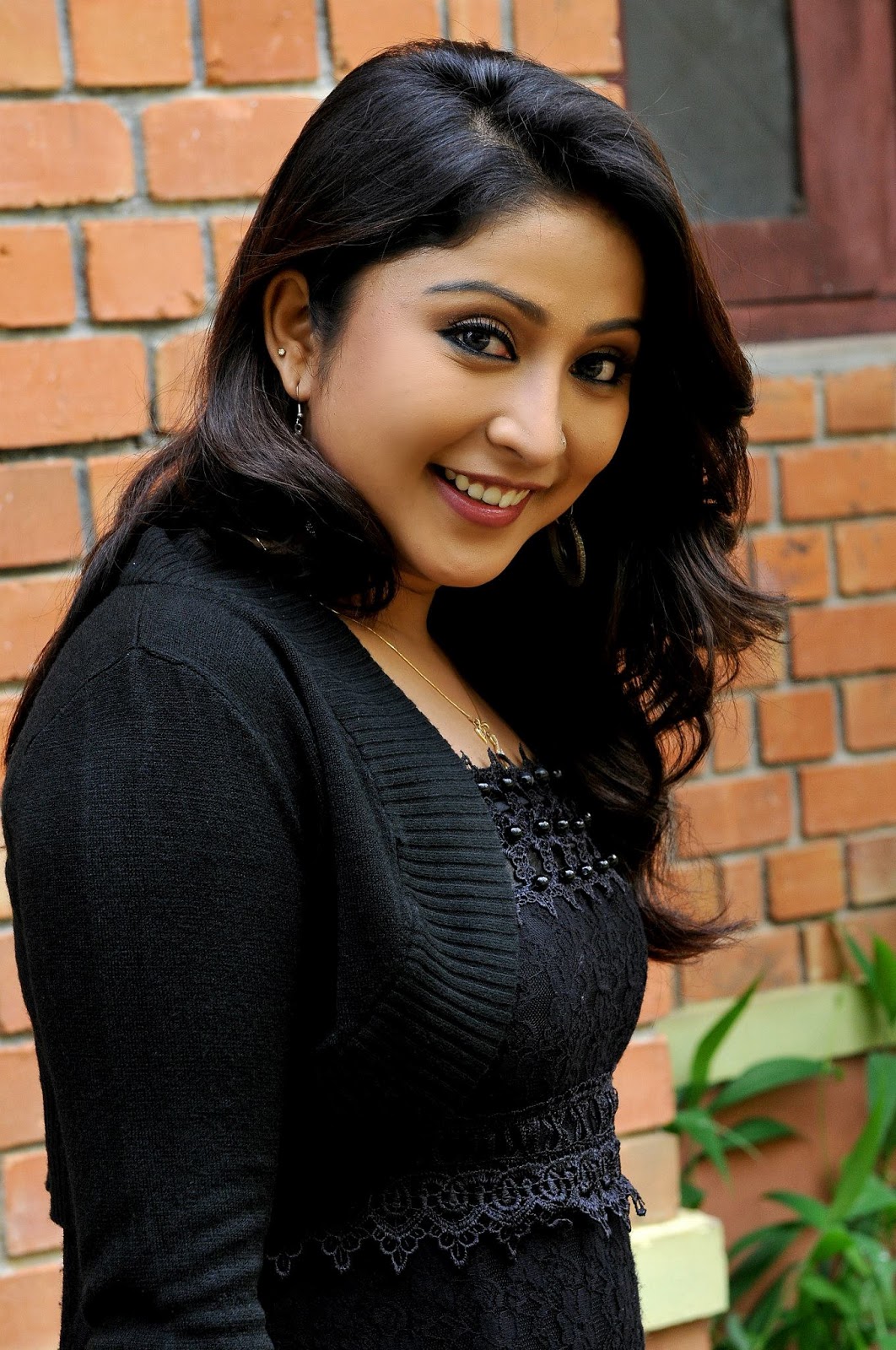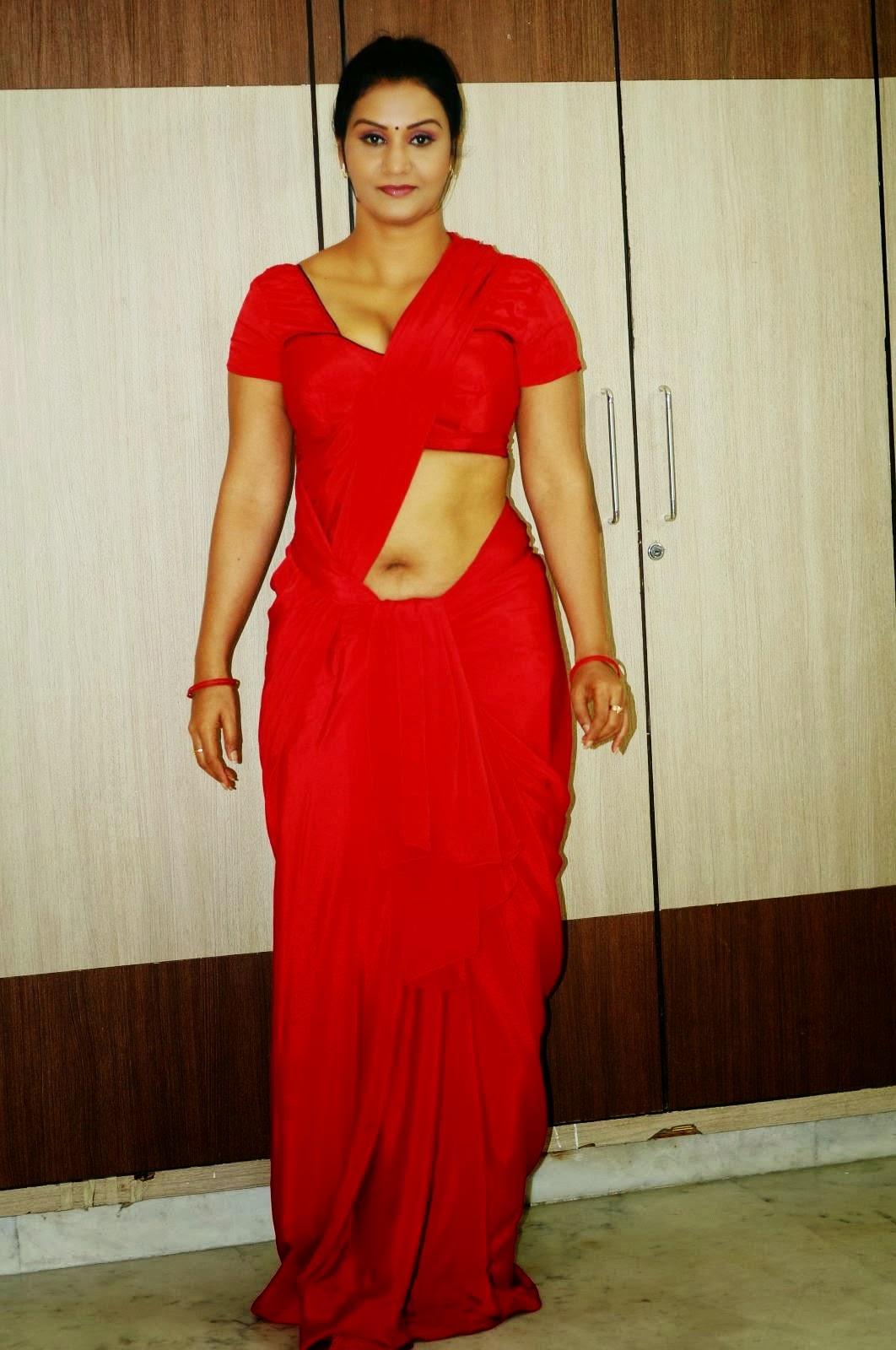Mallu refers to the people and culture of Kerala, a state located in the southwestern region of India. Known for its lush landscapes, vibrant heritage, and unique traditions, Kerala is often referred to as "God's Own Country." The term "Mallu" is a colloquial expression used to describe the Malayali community, which predominantly speaks the Malayalam language. This article will explore the various facets of the Mallu culture, including its language, cuisine, festivals, and more, providing a comprehensive understanding of this fascinating community.
The Malayali people have a rich history and diverse traditions that date back centuries. With a strong emphasis on art, music, and dance, the Mallu culture is deeply intertwined with the region's natural beauty and resources. From the serene backwaters of Alleppey to the bustling streets of Kochi, the lifestyle of the Mallus reflects a harmonious blend of modernity and tradition.
In this article, we will delve into the core aspects of Mallu culture, examining its language, culinary delights, festivals, and the overall lifestyle of the people in Kerala. Whether you are planning to visit this beautiful state or simply wish to learn more about its rich heritage, this guide will provide valuable insights into the Mallu way of life.
Table of Contents
- 1. The Malayalam Language
- 2. Mallu Cuisine: A Culinary Journey
- 3. Festivals Celebrated by Mallus
- 4. Art and Music in Mallu Culture
- 5. Traditions and Customs of the Mallus
- 6. The Lifestyle of Mallus
- 7. Economy and Employment in Kerala
- 8. Conclusion
1. The Malayalam Language
The Malayalam language is a Dravidian language spoken predominantly in the state of Kerala and the union territory of Lakshadweep. It is the official language of Kerala and is known for its rich literary heritage. The language has a script that is unique and visually appealing, making it one of the most interesting languages in India.
Some key features of the Malayalam language include:
- It has a complex system of vowels and consonants.
- Malayalam literature boasts a long history, with significant contributions from poets and writers.
- The language is influenced by various other languages, including Sanskrit, Tamil, and English.
Dialect Variations
Like many languages, Malayalam has several dialects that vary across different regions of Kerala. Some of the notable dialects include:
- Malabar Malayalam: Spoken in the northern districts.
- Kochi Malayalam: A blend of various dialects, commonly used in urban areas.
- Travancore Malayalam: Predominantly spoken in the southern districts.
2. Mallu Cuisine: A Culinary Journey
Mallu cuisine is a reflection of the region's rich agricultural heritage and coastal resources. Known for its use of spices, coconut, and seafood, the cuisine offers a diverse array of flavors and dishes.
Some popular Mallu dishes include:
- Sadya: A traditional vegetarian feast served on a banana leaf.
- Fish Curry: A spicy and flavorful curry made with fresh fish caught from the Arabian Sea.
- Appam: A type of pancake made with fermented rice batter, often served with stew.
Influence of Geography on Cuisine
The geographical diversity of Kerala plays a crucial role in shaping its culinary landscape. The coastal areas are known for their seafood, while the inland regions focus more on rice and vegetables. The use of coconut is prevalent across all dishes, lending a unique flavor to the Mallu cuisine.
3. Festivals Celebrated by Mallus
The people of Kerala celebrate a multitude of festivals, reflecting the state's rich cultural heritage. Some of the prominent festivals include:
- Onam: The most famous festival, celebrated with a grand feast and traditional dance.
- Vishu: Marking the Malayalam New Year, celebrated with the preparation of special dishes and rituals.
- Thrissur Pooram: A spectacular temple festival known for its grand procession and fireworks.
Significance of Festivals
Festivals in Mallu culture are not just religious observances; they are a time for family gatherings, cultural performances, and community bonding. Each festival has its unique rituals and customs that showcase the diverse traditions of the Mallus.
4. Art and Music in Mallu Culture
The art and music of Kerala are integral to the Mallu culture, with various forms of traditional art, dance, and music reflecting the region's rich heritage.
Some notable art forms include:
- Kathakali: A classical dance-drama known for its elaborate costumes and storytelling.
- Mohiniyattam: A graceful dance form performed by women, characterized by its lyrical movements.
- Theyyam: A ritualistic art form that involves elaborate makeup and dance, often performed in temples.
Modern Influences
While traditional forms of art and music remain popular, modern influences have also made their way into Mallu culture. Contemporary music and dance forms are gaining popularity, especially among the youth, leading to a fusion of traditional and modern styles.
5. Traditions and Customs of the Mallus
The Mallu community is rich in traditions and customs that have been passed down through generations. These traditions are often linked to agriculture, festivals, and family values.
Some common traditions include:
- Marriage customs: Mallu weddings are elaborate events filled with rituals and celebrations.
- Respect for elders: The Mallu culture places a strong emphasis on respecting elders and family values.
- Festive attire: Traditional clothing such as the saree for women and the mundu for men is commonly worn during festivals and ceremonies.
Family Structure
The Mallu family structure is often matrilineal, particularly among certain communities. This unique aspect influences inheritance and family dynamics, fostering strong bonds among family members.
6. The Lifestyle of Mallus
The lifestyle of Mallus is a blend of traditional values and modern influences. While many families continue to uphold age-old customs, the younger generation is increasingly embracing contemporary lifestyles.
Key aspects of Mallu lifestyle include:
- Education: Kerala boasts one of the highest literacy rates in India, with a strong emphasis on education.
- Healthcare: The state has a robust healthcare system, with significant investments in public health.
- Environmental Awareness: The people of Kerala are known for their commitment to preserving the environment, evident in initiatives like waste management and sustainable tourism.
Work and Economy
The economy of Kerala is diverse, with agriculture, tourism, and information technology playing significant roles. Many Mallus work in various sectors, both locally and abroad, contributing to the state's economy.
7. Economy and Employment in Kerala
The economy of Kerala is one of the most developed in India, with a strong emphasis on sustainable practices and social welfare. The state's economy is primarily driven by:
- Agriculture: Kerala is known for its production of spices, rubber, coconut, and various fruits and vegetables.
- Tourism: The state's natural beauty and cultural heritage attract millions of tourists each year.
- Information Technology: Kerala has emerged as a hub for IT and software services, providing numerous job opportunities.
Challenges and Opportunities
Despite its progress, Kerala faces challenges such as unemployment and environmental concerns. However, the state continues to explore opportunities for growth and development, particularly in sectors like renewable energy and sustainable tourism.
8. Conclusion
In conclusion, the Mallu culture is a vibrant tapestry woven from history, tradition, and modernity. From the melodic sounds of Malayalam to
You Might Also Like
Mackenzie Davis Siblings: The Family Behind The Rising StarCrew Morrow: A Deep Dive Into The Life And Career Of The Rising Star
Sophie Rain: The Enigmatic Spiderman Enthusiast Taking Instagram By Storm
NWI Times Obituaries: A Comprehensive Guide To Porter County's Tributes
Sophie Rain: The Rising Star Behind The Spider-Man YouTube Videos
Article Recommendations

